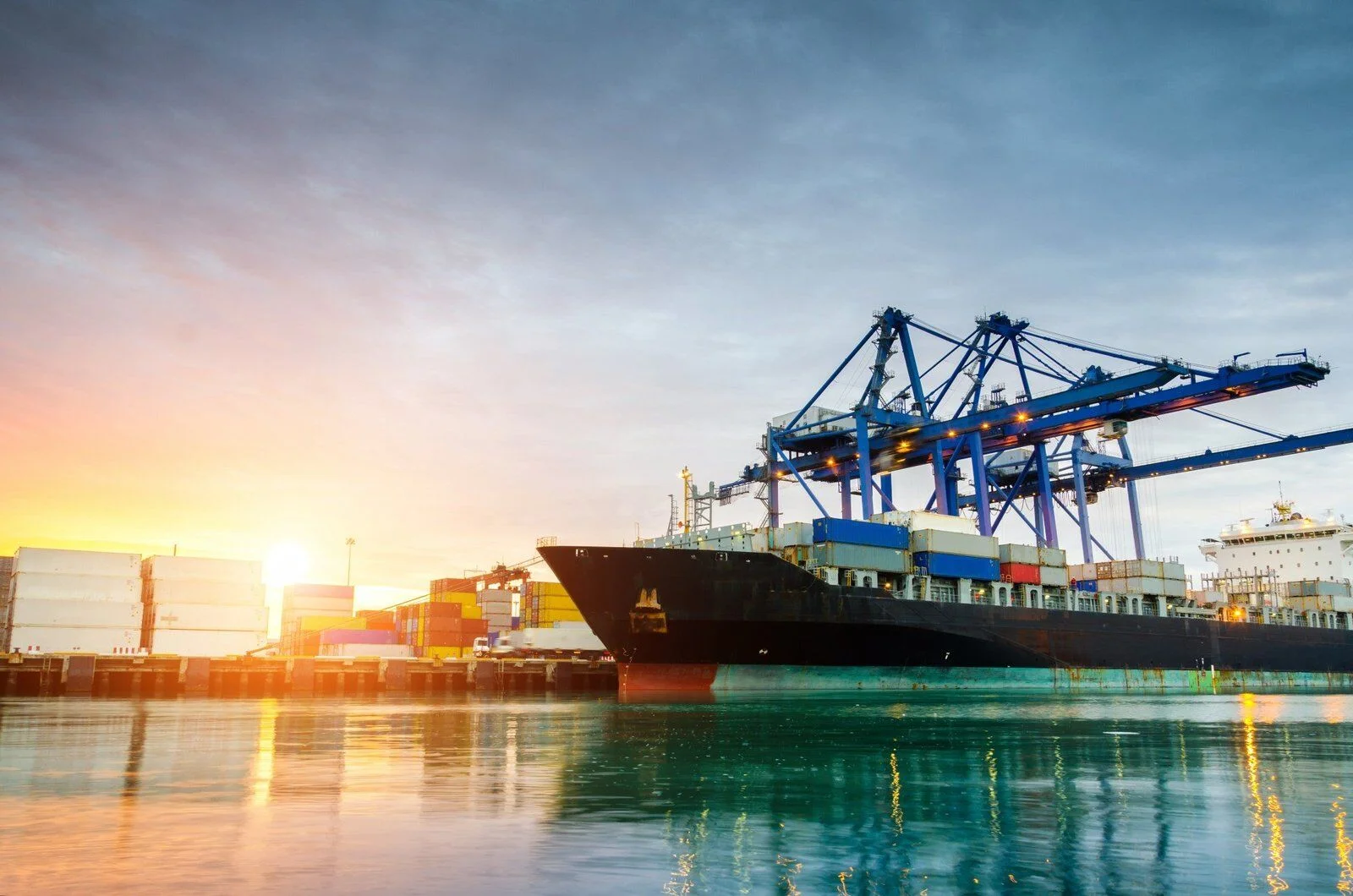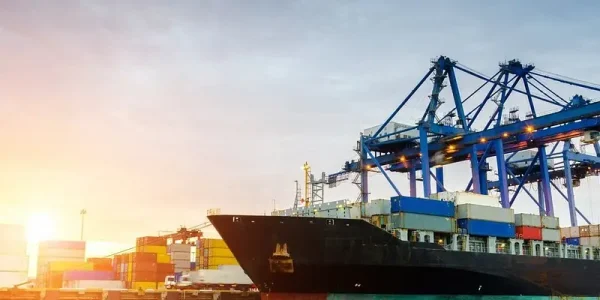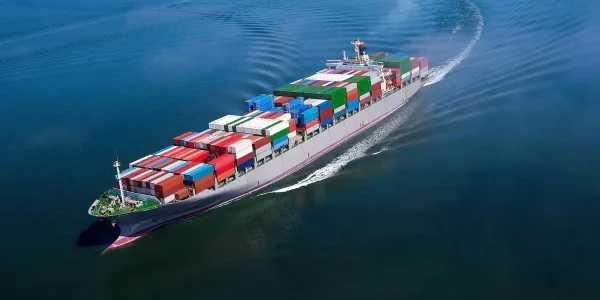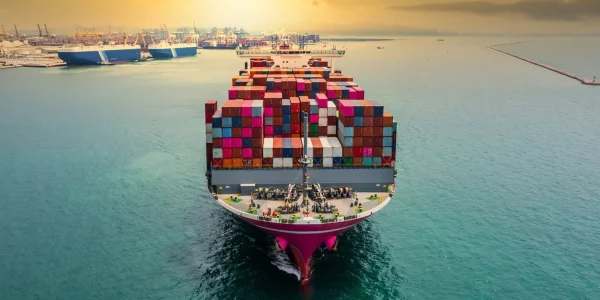Maritime Law & Shipping Law
A contract of carriage the subject of which is only the carriage of cargo from one port to another and not the charter of a ship is called freight contracts. In practice, the carriage of these cargoes by this contract are also called cargo transportation or mixed cargo transportation. Freight contracts allow carriers to enter into contracts of carriages for numerous small cargoes with a single ship and thus increase profits. In such transports, the place where the cargo is loaded and stored is determined by the carrier and the approval of the vehicle by the shipper is sought only in cases where the deck will be used.

Freight contracts and other subcontracts of carriage are not to be confused with ship lease agreements because the main purpose of a contract of afreighment is to obtain the service of cargo transportation by sea. In the ship lease agreements, the owner is obliged to temporarily deliver the possession of its ship to a third party for a fee.
In ship lease agreements, no debt of carriage of cargo is undertaken. The lessee has the right to use the vessel in accordance with the purpose of allocation specified in the contract and within the limits, if any.
The place from which a ship’s voyages are managed is called the home port. A ship is registered at the registry office located at the home port. The name of the home port must be written on the stern of the ship, otherwise the master of the ship might be prosecuted and sentenced to imprisonment or fines. The courts in the home port are the courts of jurisdiction for these cases filed against the owner. The applicable law is determined according to the flag of the ship. Each ship carries a flag, which is the flag of the nationality to which the owner belongs.
Due to the multinational legal and commercial aspects of the Antalya Lawyer Barış Erkan Çelebi and his Antalya Law Firm provide legal services and representation in the field of shipping law, such as advising on the rights and the responsibilities of the carrier and its insurers arising from damage, loss and delay in the maritime transportation, limitation of liability and the liability of the carrier, contract of affreightment , charter agreement, disputes arising from bill of landing, recap of fixture, demurrage, collusion, general average, ship registry, ship building contracts, ship sale contracts, yacht construction and yacht sale.
For detailed information on the limitation of shipowner’s liability and the breaking of the limitation under 1976 London Convention, please check this LINK.
For detailed information on INCOTERMS 2020, please check this LINK.
For detailed information on carrier’s legal liability under shipping law, please check this LINK.
More About Martime Law and Shipping Law
INTRODUCTION TO YACHT-BUILDING CONTRACTS IN TURKISH LAW The Legal Distinction Between Yachts and Ships Notions of ships and yachts, while easily distinguishable in practice, appear legally interchangeable. Despite the technical differences between “yacht” and “ship,” these differences are crucial for yacht building contracts and the...
INCOTERMS 2020 Have Been Announced INCOTERMS, an acronym which stands for international commercial terms, are standard terms published and trademarked by International Chamber of Commerce (ICC), for and used in international commerce, maritime law and basically all modes of transport under shipping law. After 10 years have...
SHIPOWNER’S RIGHT TO LIMIT LIABILITY AND BREAKING THE LIMITATION UNDER THE 1976 LONDON CONVENTION Attorney at Law Barış Erkan Çelebi PREAMBLE Limiting the liability of shipowners in maritime commerce has always been the subject of hot debates. On one hand, shipowners make considerable investments, due...
In shipping law, a carrier is legally liable for the loss, damage and delay of the cargo. The shipping law provisions of the Turkish Commercial Code has integrated both The Hague-Visby Rules and the Hamburg rules regarding the carrier’s legal lability, its limits, the breaking...
Ship Mortgage Under Turkish Maritime Law Maritime Law ATTORNEY BARIS ERKAN CELEBI I. INTRODUCTION Maritime Law The commercial value of ships and the fact that they are the main subject of maritime law have made them an important element of economic life. On the...




